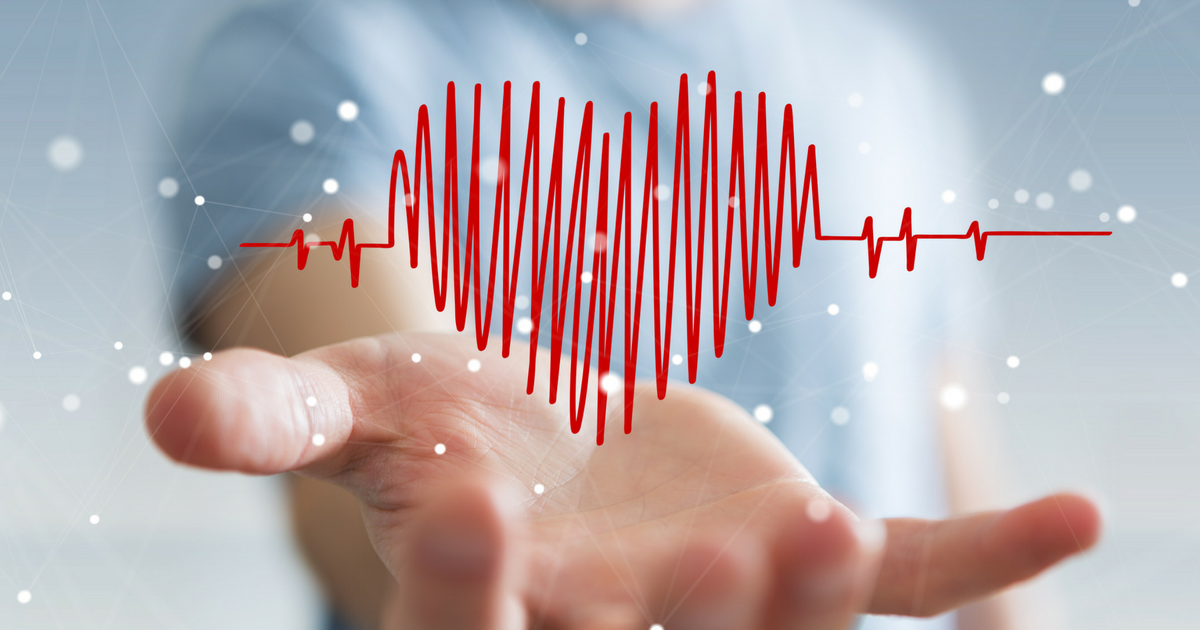Heart rate is the count of how many times the heart pumps in a minute. It is measured as beats per minute (BPM). A person’s active heart rate counts, how fast heart is pumping while doing exercise. Active heart rate is more than resting heart rate. This varies from person to person and depends upon the type of exercise, the intensity of exercise, fitness level, temperature and other factors like age, medicines, health conditions.
The maximum heart rate is the highest rate at which the heart can beat. Active heart rate can be measured by counting the pulse, during a break from exercise, keeping index finger and middle finger at the wrist. BPM tells the current heart rate which helps to determine whether exercise is of the right intensity or not. If anyone feels a drastic change in the heart rate, then they should discontinue doing exercise.
Active heart rate
The ideal active heart rate depends on age. There is a simple calculation to calculate the average adult heart rate. For calculating ideal active heart rate, first, you have to subtract your age from 220, then you have to multiply with 0.64 and 0.76 (CDC recommends active heart rate of 64 – 76% of the maximum heart rate). For example, if a person is 30 years old, then it will be 220 – 30, i.e. 190. 190 x 0.64 = 121.60 and 190 x 0.76 = 144.40. So, 30 year old person needs to have a heart rate of 121 – 144 bpm for moderate intensity activity.
For vigorous intensity activity, CDC recommends active heart rate of 77 – 93 % of maximum. So, 30 year old person will calculate 220 – 30 = 190, 190 x 0.77 = 146.30 bpm and 190 x 0.93 = 176.70 bpm. So, they should aim for an active heart rate of 146 – 176 bpm.
If a person is not benefitted from doing intense exercise, that signifies a low active heart rate. If a person is not having any disease and has a low active heart rate, then he/she needs to increase the intensity of their workout to remain in the recommended range.
If a person is exercising vigorously and the active heart rate goes above the recommended range they should slow down or take a break from exercise. It is not suggested to push the heart too hard from the recommended range while exercising.
Factors that affect active heart rate
Medicines do have some effects on heart rate, some medicines can increase heart rate while other medicines like beta-blocker tend to lower the heart rate. Person’s health condition and fitness level influence heart rate to the maximum level. Any person who is not used to exercise has to work harder for any physical activity thereby resulting in an increased heart rate. Temperature also has a major role in affecting heart rate, heat increases the heart rate by 5 – 10 bpm. A person’s emotions also affect the heart rate. Anger, sadness, happiness, stress, anxiety causes changes in heart rate.
One has to keep track of their exercise so that the heart rate remains in the healthy range. They can take breaks to check the pulse, can wear device that can measure heart rate. If the heart rate is too low or high, they can modify their activity.
If anyone notices a very high or very low heart rate or symptoms like shortness of breath then, they should consult the doctor.

 Active heart rate signifies a person’s fitness level. It is a measurement of a person’s heartbeat during any physical activity. This varies from person to personâ€
Active heart rate signifies a person’s fitness level. It is a measurement of a person’s heartbeat during any physical activity. This varies from person to personâ€






.jpg)



.jpeg)

.jpg)






.jpeg)



.jpg)






.jpg)


